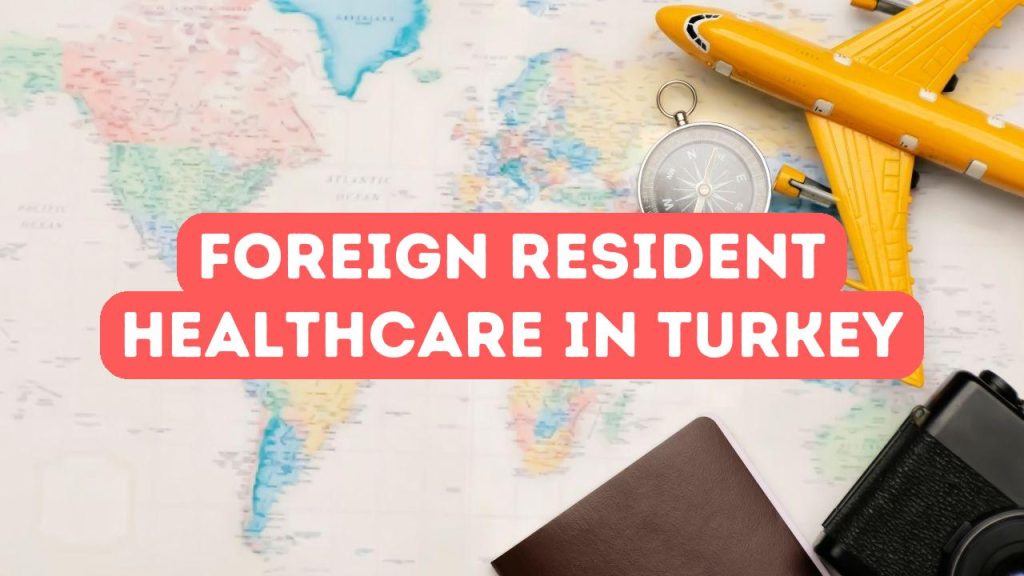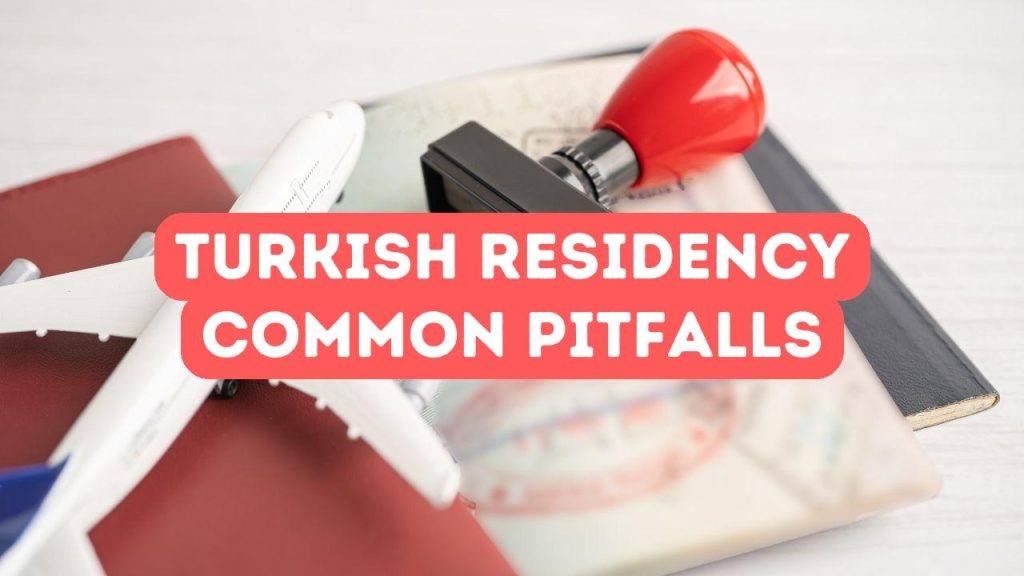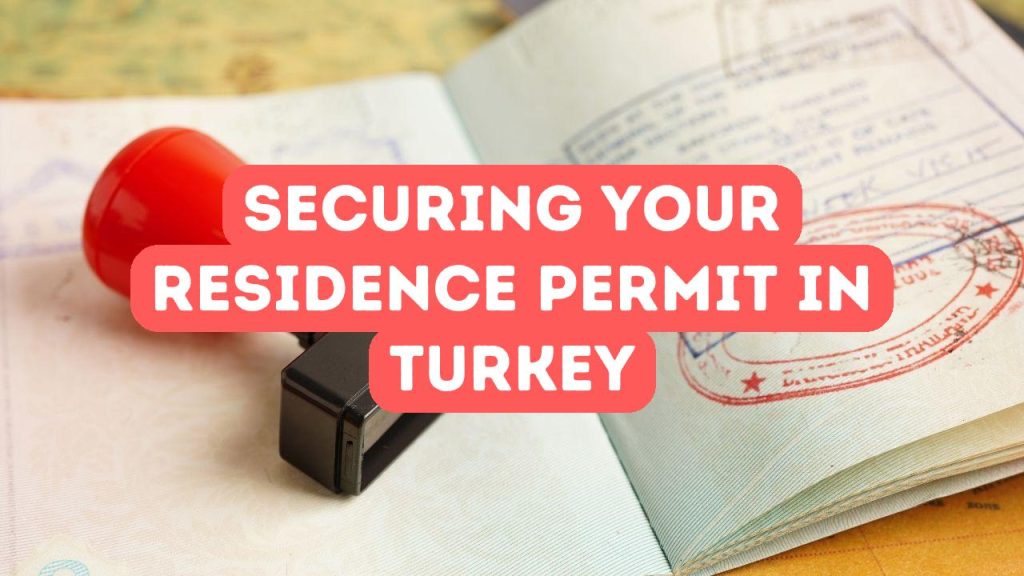Navigating Turkey’s Medical System
Navigating Turkey’s medical system requires an understanding of its dual structure, which comprises both private and public healthcare sectors. Foreign residents typically have access to the public healthcare system through either the mandatory state insurance scheme (SGK) or through private insurance policies. The SGK system is comprehensive, though sometimes bogged down by bureaucracy and longer wait times for treatments. On the other hand, private hospitals offer more immediate care and often boast facilities and services that cater specifically to an international clientele, including English-speaking doctors and staff. Nevertheless, securing appointments in private facilities comes at a higher cost. Understanding the specifics of one’s insurance coverage and aligning it with the choice of healthcare providers is critical to effectively navigating the landscape. Clear communication with insurance providers and medical professionals can significantly streamline the process of accessing care.
For foreign residents, the initial step in accessing healthcare is often registration with the Turkish Social Security Institution to become eligible for the SGK scheme, which involves navigating Turkish bureaucratic processes that can be daunting without a command of the language. Besides, many expatriates opt for supplementary private insurance to bridge any potential gaps in coverage, particularly for services outside of the SGK’s scope, such as dental or ophthalmological care. This dual approach ensures a wider selection of medical facilities and practitioners. It’s essential to maintain up-to-date documentation and have a clear understanding of the interplay between the SGK and private insurance benefits to avoid unexpected medical expenses. Additionally, many foreign residents take advantage of Turkey’s medical tourism industry, which provides access to specialized treatments and procedures at competitive rates, all while navigating the nuances of a healthcare system that might be markedly different from what they are accustomed to back home.
Upon establishing healthcare coverage, foreign residents must familiarize themselves with the location and quality of health facilities in their vicinity. In urban centers such as Istanbul, Ankara, and Izmir, access to premier medical services is readily available with state-of-the-art equipment and trained medical professionals who often have international experience. However, in more rural areas, resources may be more limited and language barriers more pronounced. Building a relationship with a local family doctor or “aile hekimi” can serve as an invaluable nexus for navigating the healthcare system, making specialist referrals, and handling emergency situations. Additionally, joining expatriate communities and online forums can provide insights and recommendations for trusted healthcare providers, as well as tips for dealing with cultural nuances and procedural intricacies. Ultimately, personal advocacy and informed decision-making are key to successfully maneuvering through the Turkish medical system and ensuring one receives competent and comprehensive healthcare services.
Healthcare Options for Expatriates in Turkey
For expatriates residing in Turkey, healthcare options are abundant and can be categorized broadly into two streams: the government-run Universal Health Insurance system (Genel Sağlık Sigortası – GSS) and private health insurance. To qualify for GSS, expatriates must have resided in Turkey for at least one year and must not be covered by health insurance in their home country. Participation in GSS provides access to a wide network of public healthcare facilities at a nominal fee. On the other hand, private health insurance offers immediate access with more comprehensive coverage, often including private hospitals that boast shorter wait times and a higher likelihood of English-speaking staff. Choosing between these options requires a careful assessment of one’s health needs, budget, and the level of comfort with the potential language barriers faced in public institutions. This choice will significantly influence the quality and accessibility of medical care one can expect while living in Turkey.
Private health insurance, while offering a more immediate and comfortable healthcare experience for many expatriates in Turkey, varies widely in terms of cost and extent of coverage. Premiums are typically linked to age, health history, and the selected range of services, with plans offering everything from basic emergency coverage to extensive care, including outpatient services, dental, and maternity. For those seeking the highest standards of care, private insurance enables access to Turkey’s acclaimed private hospitals, renowned for their state-of-the-art facilities, cutting-edge treatments, and internationally trained medical practitioners. The peace of mind that comes with knowing you can communicate effectively with your healthcare provider and receive timely attention can be invaluable, particularly in times of emergency or chronic health management. Despite the higher costs, the private healthcare sector remains a popular choice for those who prioritize convenience, comfort, and language accessibility.
Despite the comfort and immediate access provided by private insurance, many expatriates in Turkey opt for the government’s Universal Health Insurance (GSS) due to its affordability and comprehensive coverage across a vast array of public healthcare facilities. Navigating the public system can be more daunting, with potential language barriers and bureaucratic procedures, but being equipped with a basic understanding of Turkish or seeking assistance from translation services can mitigate these challenges. Expatriates who choose GSS enjoy the benefits of highly subsidized medical treatments, low-cost prescriptions, and access to a wide network of clinics and hospitals throughout Turkey. While wait times may be longer than those in private hospitals, the quality of care in state institutions continues to improve, reflecting Turkey’s investments in its public healthcare system. Ultimately, the decision to subscribe to private insurance or GSS should be informed by individual circumstances, including the length of one’s stay in Turkey, general health, and financial considerations.
Understanding Insurance Coverage for Non-Citizens
Non-citizens in Turkey must navigate a unique insurance landscape, which is rooted in the country’s universal health insurance system, Genel Sağlık Sigortası (GSS). While all residents, including foreigners living in Turkey for more than one year, are required by law to have some form of health insurance, many expatriates opt for private insurance policies that offer wider coverage and direct access to private hospitals. It is critical for foreigners to understand that they may not be immediately eligible for the state’s insurance and, even if they are, it may not cover all their medical needs. Private health insurance plans can offer a more comprehensive safety net, but it’s essential to compare policies carefully, considering factors like coverage limits, network hospitals, co-pays, and whether pre-existing conditions are covered, to ensure adequate healthcare access.
For those who wish to enroll in the national health insurance system, obtaining a residency permit and completing the necessary paperwork with the Social Security Institution is a prerequisite. Although the GSS provides extensive coverage at a relatively low cost, including outpatient and inpatient treatment, maternity care, and prescription drugs, supplementary private insurance might be necessary for services like dental care, ophthalmology, or elective procedures that are not covered by GSS. Moreover, the bureaucracy involved in registering for the GSS and navigating the system’s nuances often necessitates local assistance or consultation with experts well-versed in the healthcare needs of expatriates. Thus, a thorough exploration into the GSS’s benefits and constraints, juxtaposed with one’s health requirements and long-term stay objectives, is indispensable to making an informed decision regarding healthcare coverage in Turkey.
Embarking on this journey requires due diligence, particularly for those with chronic conditions or in need of regular medical attention. It is advisable for foreign residents to consider not only the cost but also the convenience and quality of care that comes with their chosen insurance plan. Liaising with a knowledgeable insurance broker or fellow expatriates who have traversed this path can prove invaluable in deciphering policy jargon and discerning the most reliable insurance providers. Engaging with expat forums and social media groups could yield insights into the real-life experiences of peers, facilitating a better understanding of how different plans hold up in actual healthcare scenarios. Ultimately, securing the right insurance coverage is a vital step in assuring peace of mind when it comes to healthcare in Turkey, but it should be approached with an awareness of how it fits into the broader tapestry of the Turkish healthcare system and the unique demands of living internationally.






